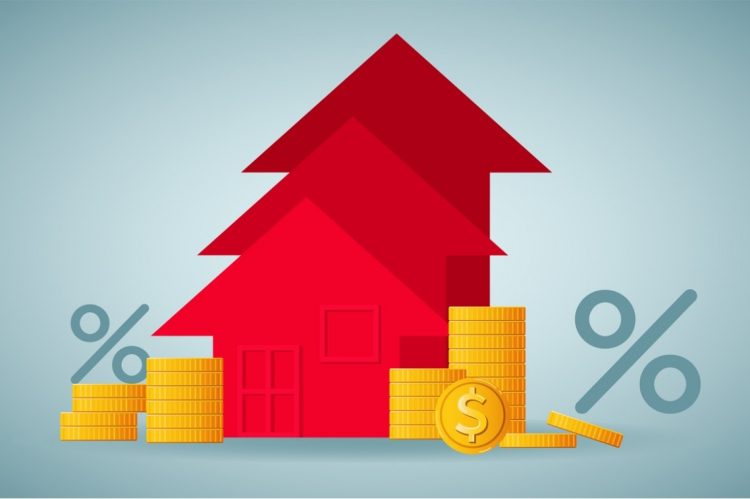Reaching a three-month high and their fifth-consecutive week of increases, the average 30-year fixed rate mortgage climbed to 6.72%, up from last week’s average of 6.54%, according to the latest Primary Mortgage Market Survey® (PMMS®) from Freddie Mac, released Thursday.
Mortgage Rates Increase for the Fifth Consecutive Week, Reaching 3-Month High
“With several potential inflection points happening over the next week, we can expect mortgage rates to remain volatile,” said Sam Khater, Freddie Mac’s chief economist.













